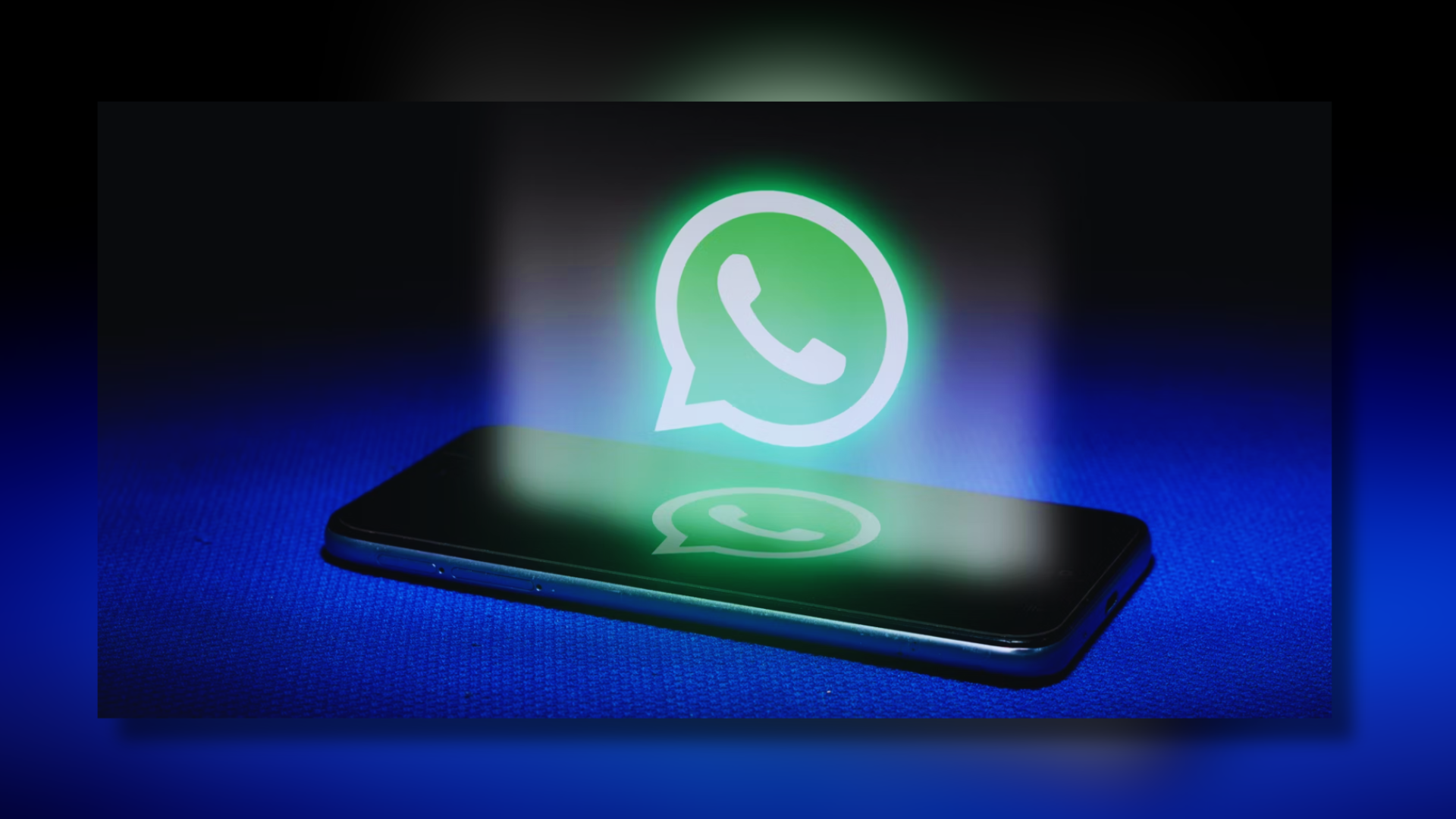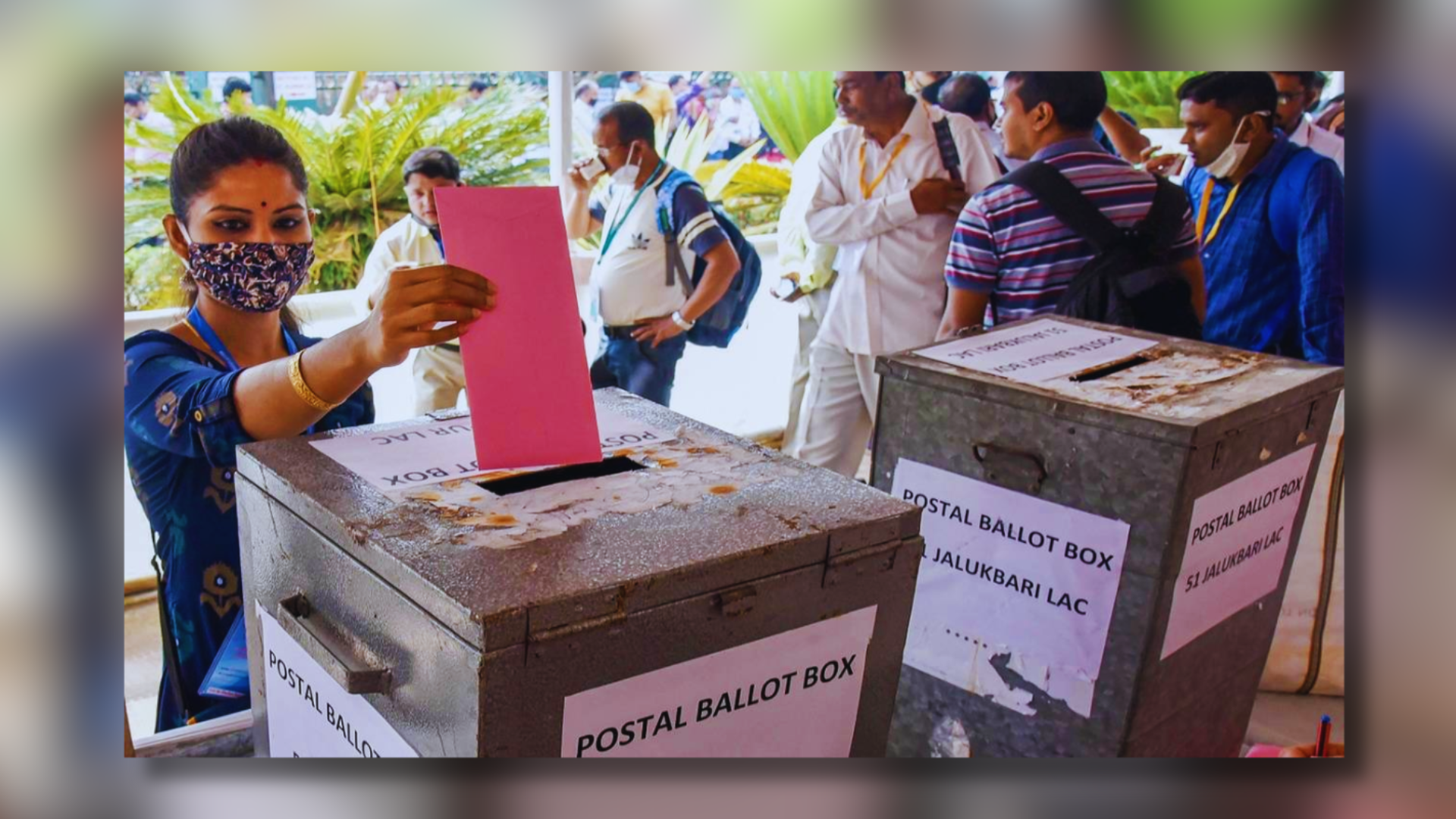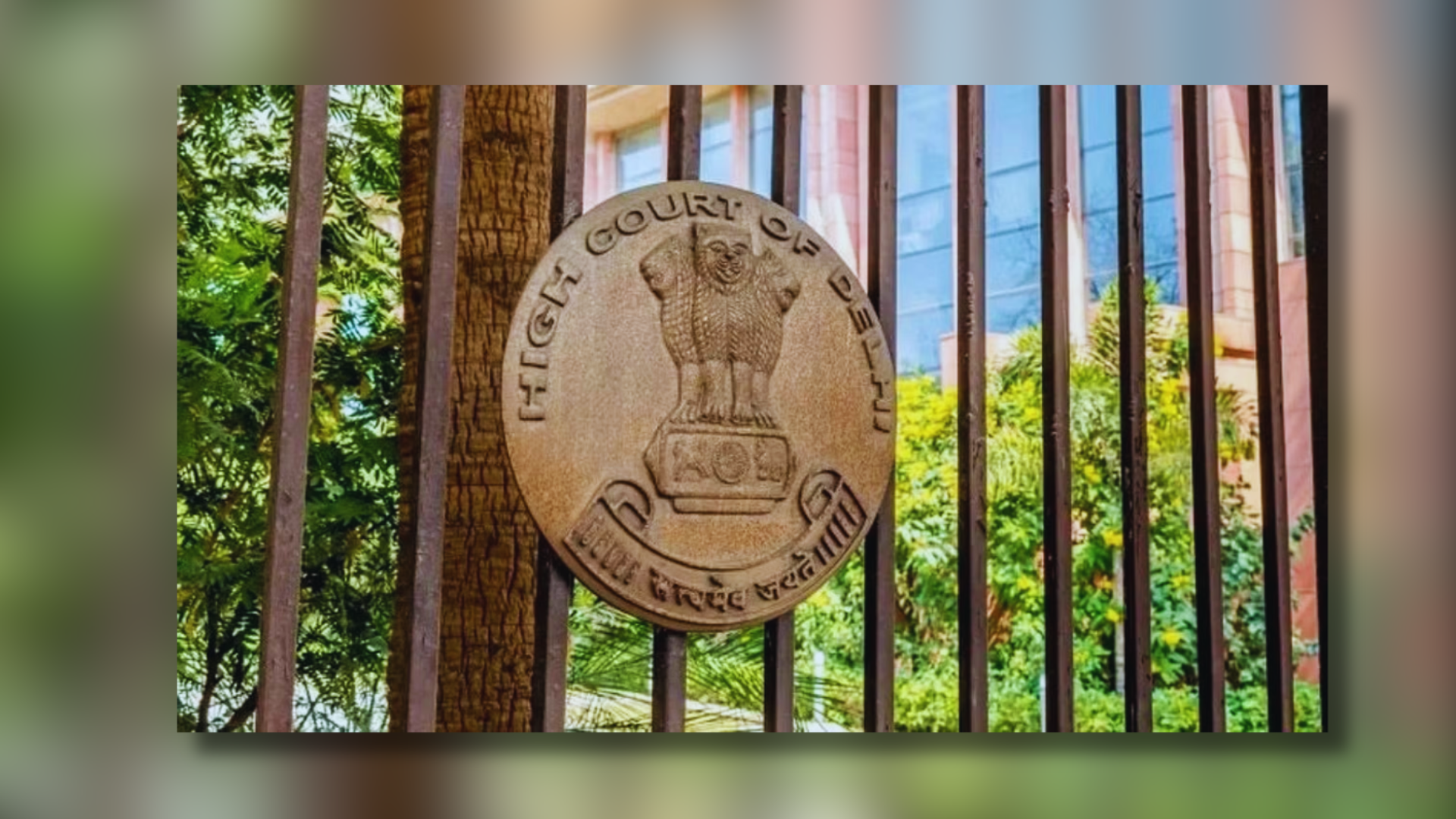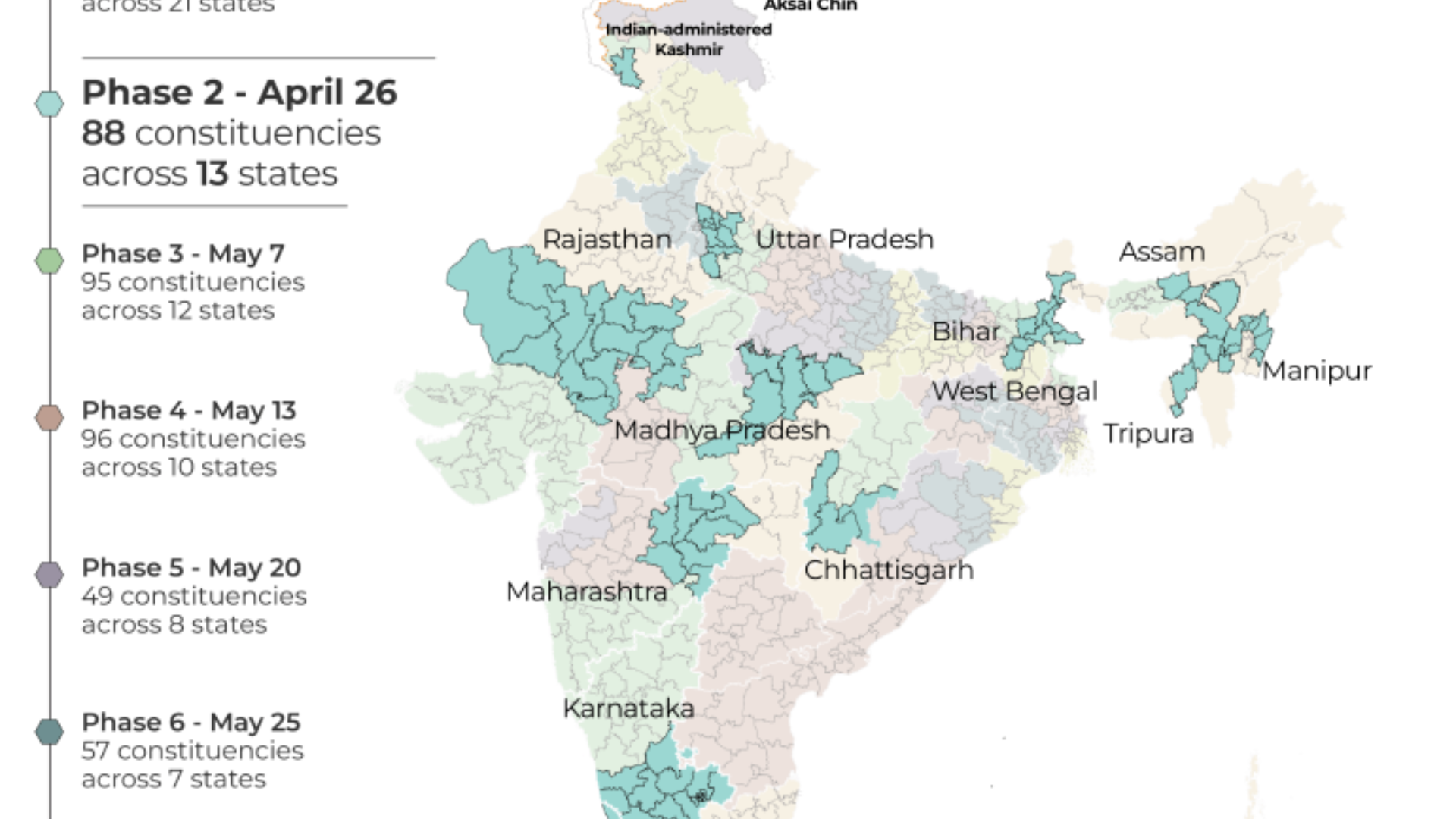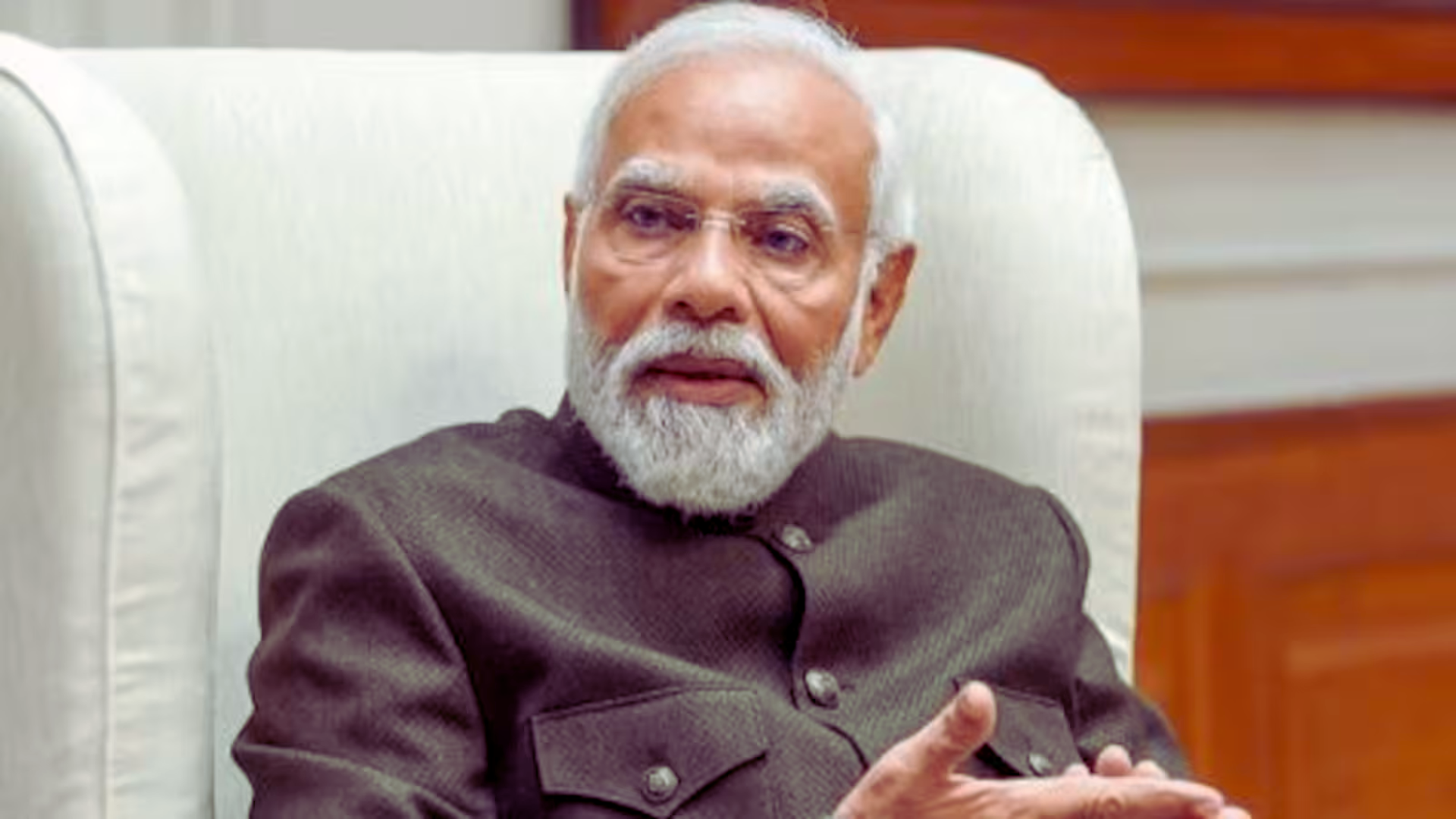




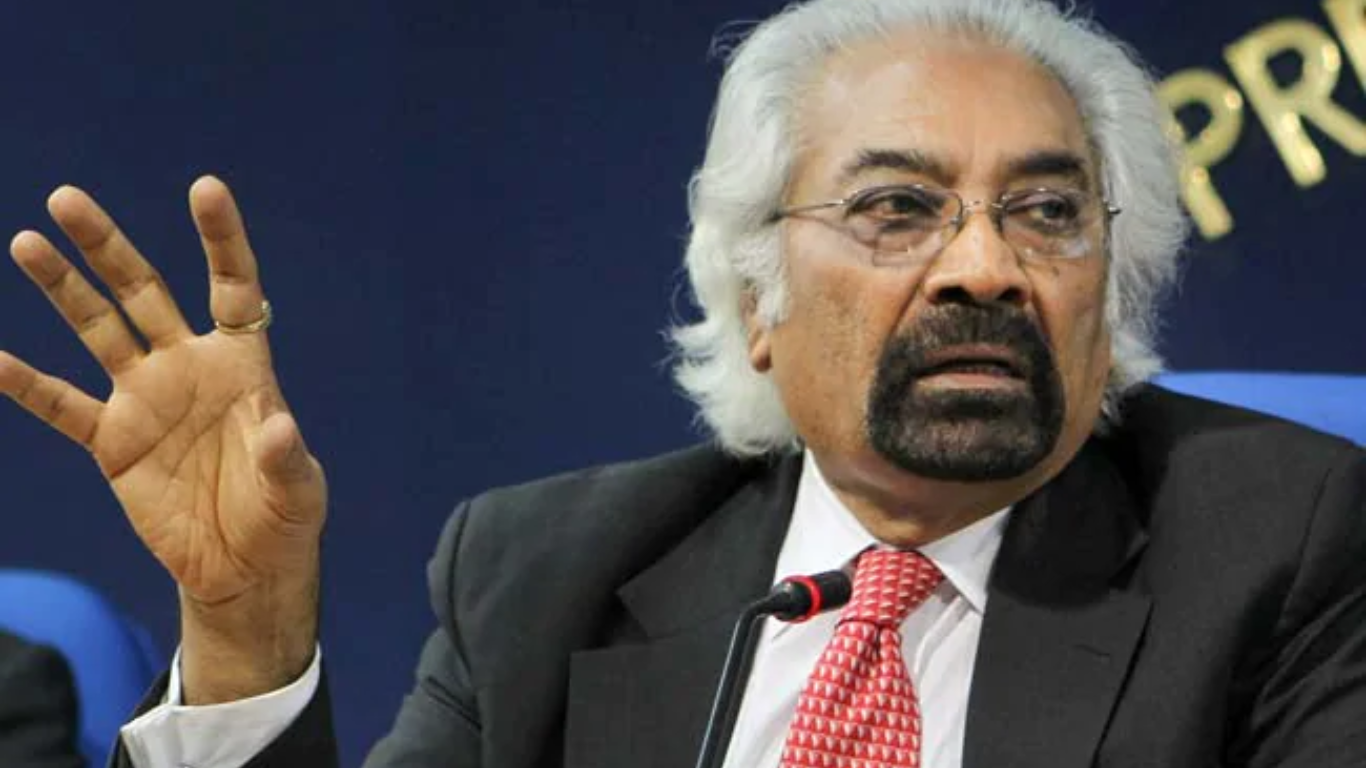

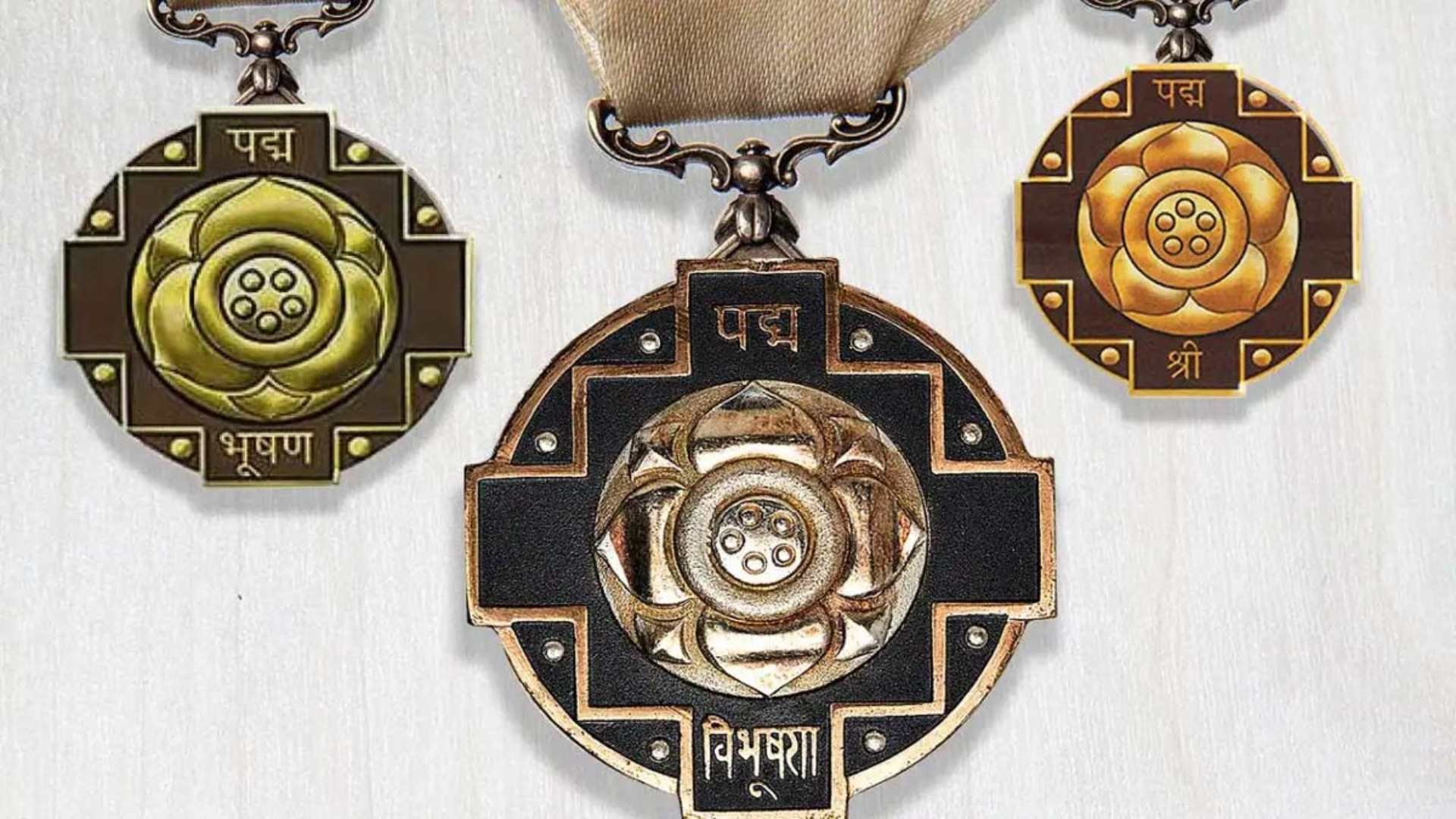
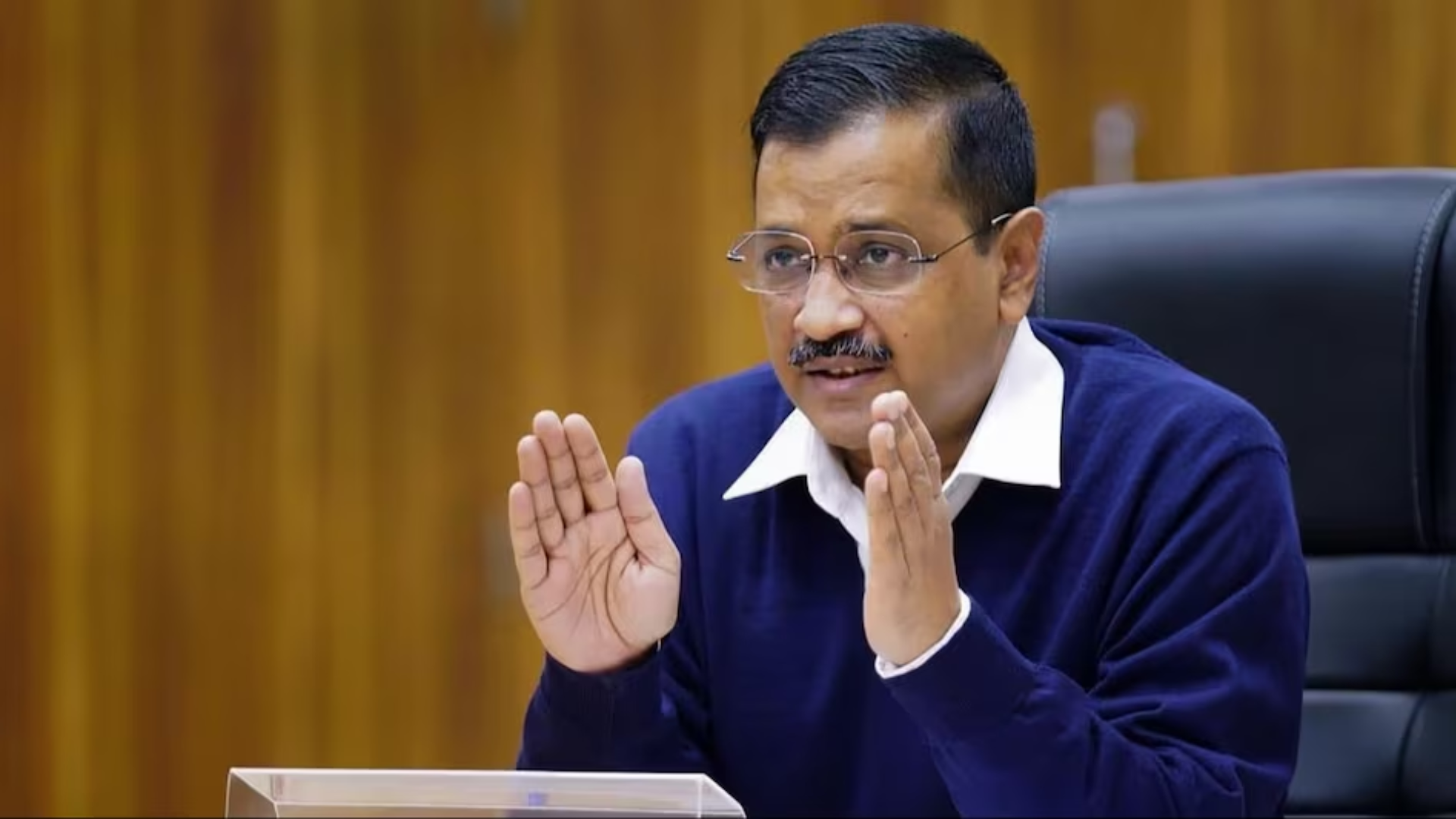


On October 25, the Competition Commission of India (CCI) fined Google Rs. 936.44 crore and issued a cease-and-desist order for abusing its dominant position with respect to its Play Store regulations.
It has instructed the tech giant to take a number of steps to change the company’s app payment rules within three months, but not to prohibit app developers from utilising any third-party billing or payment processing services to buy applications or for in-app paying on Google Play.
The competition watchdog has now imposed a similar punishment twice in as many weeks. On October 20, it levied a punishment of Rs 1,337.76 crore against the tech giant for abusing its dominant position in a number of areas within the Android mobile ecosystem.
When this judgement was made, Google said it was a “significant setback for Indian consumers and companies” and that they will analyse it to determine their next course of action. It has failed to reply to the most recent directive from CCI.
According to CCI, Google has been given 30 days to furnish the necessary financial information and supporting documentation.
PROBE
The CCI commissioned an assessment on the requirement for paid apps and in-app purchases to be made through the Google Play Store in November 2020. The commission has previously stated that it believes such a restriction is unfair on the surface since it prevents app developers from choosing the payment processing system of their choice.
According to its evaluation, the commission declared on October 25 that requiring app developers to use the Google Play Billing system for paid applications and in-app purchases on the Google Play Store “constitutes an imposition of unfair conditions on app developers” and is therefore in violation of its rules.
The investigation also revealed that the tech giant was not using its billing system for its own applications, such as YouTube, which amounted to “imposition of discriminatory conditions as well as pricing” because its own applications are not paying the app commission that is imposed on other applications.
The mandatory adoption of this billing system, according to the commission, “disturbs innovation incentives and the ability of both the payment processors and the app developers to undertake technical development and innovate,” and is thus equivalent to stifling technical advancement in the market for in-app payment processing services.
The commission stated in its decision that this breaches its terms because it prevents payment aggregators and app developers from accessing the market.
CCI’s measures
CCI has directed Google not to impose any limitations on app developers’ use of any third-party billing or payment processing services for in-app charging or app purchases.
The tech giant was further advised not to discriminate against or take any negative actions against such applications that make use of third-party billing or payment processing services.
It’s important to keep in mind that Google is presently launching a trial programme in India and a few other countries that allow participating developers to provide consumers with a different billing system in addition to Google Play for a lower service cost ranging from 6-11 percent. Game creators are not included in this pilot, though.
In its ruling, CCI also stated that Google could not obstruct app developers from reaching out to their customers or from anti-steering (directing users away from the Google Play ecosystem) in order to promote their products.
The decision further stipulates that the internet giant must establish a clear and open policy about the data that is acquired on its platform, how it uses that data, and if it ever really shares such data with app developers or other parties, including connected parties.
Google shouldn’t “advance its competitive advantage” by using the “competitively relevant” transaction or customer data collected and acquired through the Google Play billing service.
Subject to appropriate controls, it noted, app developers should also have access to this data created about their own apps.
The ruling from CCI stated that Google shall not in any way discriminate against alternative UPI applications that facilitate payments in comparison to its own UPI app.
The competition commission has also opened similar antitrust investigations against Google in addition to Android and Google Play because of its claimed monopoly in a number of industries, including news aggregation and smart TVs.
Apple, a competitor of Google, is also under investigation for antitrust violations by the CCI for the operations of its app store.

